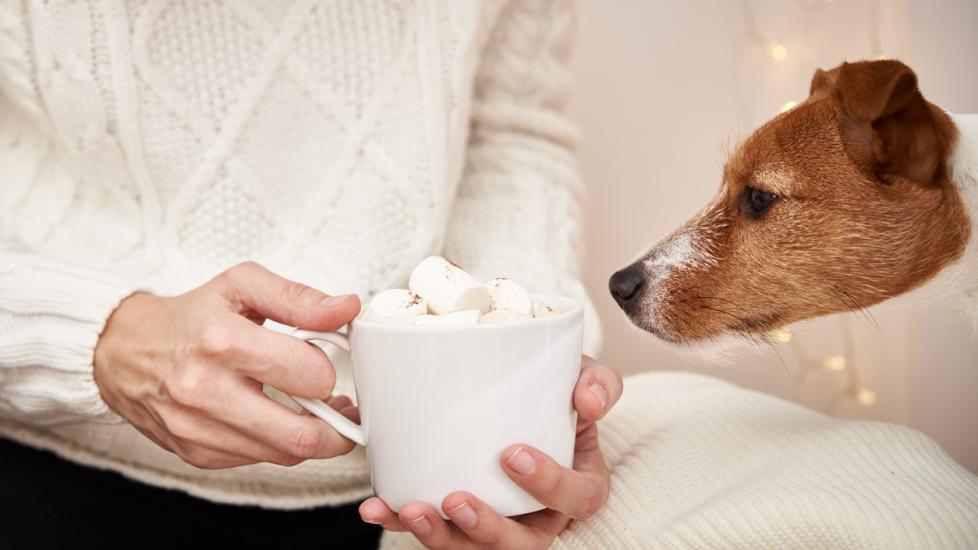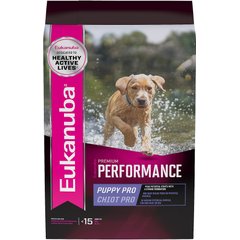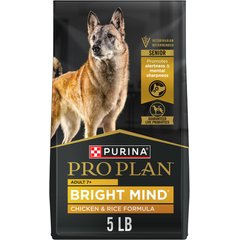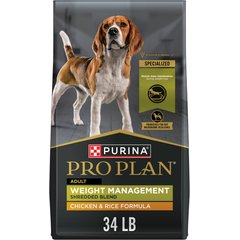Can Dogs Eat Marshmallows?
NOTE: Always check with your veterinarian first before giving your dog any new foods, especially “people foods.” What might be OK for one dog might not be good for your dog, depending on multiple factors, such as their age, health history, health conditions, and diet. Dogs on prescription diets should not be fed any food or treats outside the diet.
As a pet parent, it’s understandable to want to spoil your dog with the occasional special treat. Add in the extra cuteness of your four-legged friend cozied up at the campfire, and you’d be hard-pressed not to want to share some of your s’more snack with him. But while a small piece of graham cracker is fine for Fido, what about a marshmallow or two?
Marshmallows are mostly made of sugar and air, which may seem harmless enough. But as with any people food, there are risks to giving your dog marshmallows—namely, the amount of sugar and any extra ingredients that may be toxic to dogs.
Does that mean dogs can eat marshmallows? Kind of, but it’s not good for them and there are health risks to be aware of. While a plain little mini-mallow once in a while is probably OK for an otherwise healthy dog to eat, too much sugar can cause serious health problems.
Are Marshmallows Bad for Dogs?
Plain marshmallows have four basic ingredients: sugar, corn syrup, gelatin, and air, which are all non-toxic for dogs. However, sugar can be problematic for dogs who have too much, too often. More than likely, your pooch will be fine if he eats a small, plain marshmallow. But marshmallows should not be given as treats regularly, and there are some marshmallows that can be very bad for dogs if consumed.
But sugar-free marshmallows aren’t a better choice for our pups. Sugar-free marshmallows often contain the sweetener xylitol that, while safe for humans, is very bad for dogs. This toxic ingredient can cause a sudden drop in blood sugar levels and lead to severe symptoms such as liver failure. As with any human food, always check the ingredient list and avoid products with xylitol.
Although plain marshmallows without xylitol are not toxic, they are still not recommended as a snack. Marshmallows offer no nutritional value to dogs and are very high in sugar, which can lead to diabetes and other health problems. Marshmallows can also be a choking hazard for dogs. It’s best to avoid feeding your dog marshmallows altogether and simply choose a healthier treat instead.
Vet Recommended Dog Food
- Eukanuba Premium Performance Puppy Pro Dry Dog Food, 4-lb bag$25.99Chewy Price
- Purina Pro Plan Bright Mind Adult 7+ Chicken & Rice Formula Dry Dog Food, 5-lb bag$19.74Chewy Price
- Purina Pro Plan Adult Weight Management Shredded Blend Chicken & Rice Formula Dry Dog Food, 34-lb bag$71.98Chewy Price
- Hill's Science Diet Adult Lamb Meal & Brown Rice Recipe Dry Dog Food, 33-lb bag$83.99Chewy Price
What To Do If Your Dog Ate Marshmallows
If your dog did steal a marshmallow or two off the floor while you were baking, first assess the ingredient list to determine whether your dog may have consumed any harmful ingredients like xylitol or chocolate. While one or two plain marshmallows will likely not cause him serious harm, you should still monitor your dog for signs of digestive upset.
If the ingredient list includes xylitol or your dog shows symptoms of illness, seek veterinary care right away. In some cases, prompt treatment may be necessary to prevent serious complications. If your dog experiences any of these symptoms, head to the vet:
-
Loss of appetite
-
Stumbling or lack of coordination
Any time you’re concerned about something your dog has eaten, call your vet or the Pet Poison Helpline at (855) 764-7661. They can help you determine next steps based on your pet’s health and the amount eaten in relation to their size. Dogs that have eaten several marshmallows or have health issues including diabetes, obesity, or other conditions may need to go to the vet for further treatment.
Can Marshmallows Kill Dogs?
While highly unlikely, it is possible for dogs to die from eating marshmallows, especially if they consume the kind made with xylitol. Xylitol poisoning can be a serious and potentially life-threatening condition and, if left untreated, can lead to kidney failure and death.
Keep in mind that most marshmallows do not contain xylitol. For regular marshmallows made with sugar, the risks may vary depending on the amount your dog ate. Healthy dogs could have one or two ’mallows occasionally and be fine, but marshmallows should not be a regular part of their diet. Never give marshmallows to dogs that are small, young, or have a condition of the pancreas such as hyperglycemia, diabetes, or pancreatitis.
What Should You Feed Your Pup Instead of Marshmallows?
If your pooch deserves a little dessert, there are plenty of naturally sweet human foods that dogs can consume safely instead of marshmallows. Try one of these fruits for a sweet, safe alternative that’s safe for dogs:
There are even specially formulated “marshmallows” made just for dogs! Grab a bag of one of these mallow-style snacks if your pooch needs his own s’more snack at the campfire:
-
The Lazy Dog Cookie Co. Mutt Mallows Sweetie S'mores soft-baked dog treats
-
Bocce's Bakery Campfire S'mores Peanut Butter, Carob & Vanilla Recipe dog treats
Keep in mind that any treats should only make up 10% of your dog’s overall diet. The other 90% should come from a diet of well-balanced dog food. As with any new food or treat (even the healthy kinds!), moderation is key.
Featured Image: iStock/Lazy_Bear




